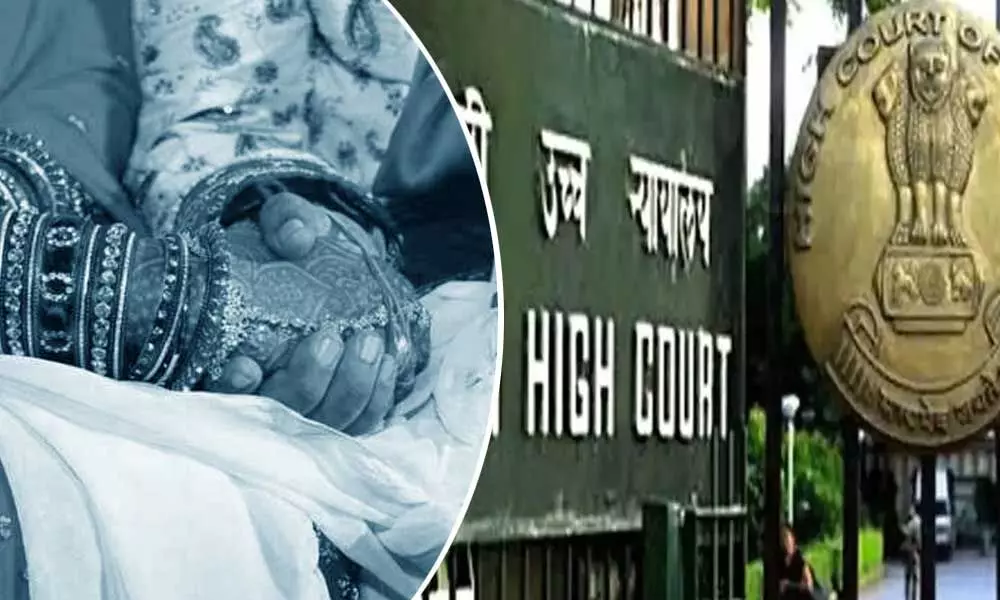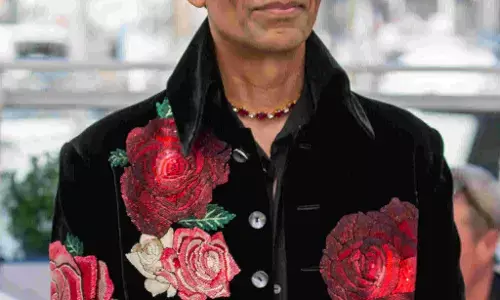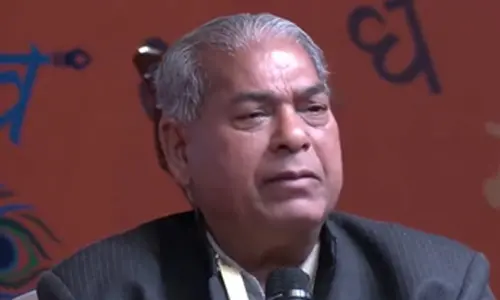False allegation of impotency amounts to cruelty, says HC; upholds couple's divorce

False allegation of impotency amounts to cruelty, says HC; upholds couple's divorce
Levelling false allegation of impotence against a spouse amounts to cruelty, the Delhi High Court
New Delhi: Levelling false allegation of impotence against a spouse amounts to cruelty, the Delhi High Court has held while upholding the divorce granted to a man, whose estranged wife had claimed that he was incapable of sexual intercourse.
The high court agreed with the submission of the husband's counsel that the allegations levelled in the written statement filed by the wife were "grave and serious", and likely to impact the man's self-image and adversely affect his mental wellbeing. "Thus, having regard to the law on the subject, we find no infirmity in the findings and observations of the trial court that the allegation of the appellant (wife) in the written statement with respect to the impotency clearly falls within the concept of cruelty as defined under law," a bench of Justice Manmohan and Justice Sanjeev Narula said.
The high court's verdict came while dismissing the woman's appeal against a trial court order granting the husband's petition for grant of divorce under the Hindu Marriage Act. The estranged couple had got married in June 2012 here. While it was a first marriage for the woman, the man was a divorcee then. In the plea, the man had sought to declare the marriage null and void on the ground that it could not be consummated due to the woman's alleged impotency and that his consent was obtained by concealing several material facts related to her psychological disposition. Had he known them, he would not have consented for the marriage, it said.
The woman, in her response, in turn alleged that the man was suffering from impotency (erectile dysfunction) which was the true cause of non-consummation of marriage, his parents were quarrelsome, they demanded dowry and she was cruelly treated and even badly thrashed by the man in front of his parents. Before the high court, the woman sought to set aside the trial court's order granting divorce decree and also prayed for restitution of conjugal rights, saying she was willing to save matrimonial alliance. The high court said the woman's allegation was rejected by the trial court on the basis of the testimony of an expert witness who after physically examining the man had found that he was normal with no problem of impotence.
It said mental cruelty is primarily contextual, pertaining to human behaviour or conduct with respect to matrimonial duties and obligations and it is essential to see whether the conduct of the party is of such a nature, that a reasonable person would neither tolerate the same, nor be reasonably expected to live with the other party. The high court noted that the woman had been reinforcing the allegation of impotency throughout the litigation and these false accusations which could not be proved are bound to cause deep hurt and anguish to the man, who can reasonably apprehend that it would be perilous for him to live with her.
"It is also abundantly clear that due to the mental pain, agony and suffering caused by the false accusations, the respondent (man) cannot be asked to put up with the conduct of the appellant (woman) and to continue to live with her," the high court said, adding there was an irretrievable breakdown of the marriage. It also said that no party can be excused of recklessness in allegations made before the court of law and the consequences of false assertions have to follow. Allowing a person to get away with the consequences of false allegations, or treating them as trivial, would not advance the cause of justice, it said.
















